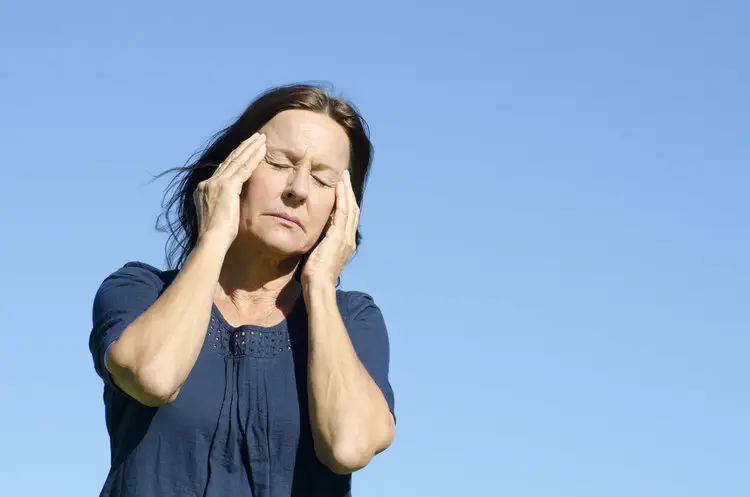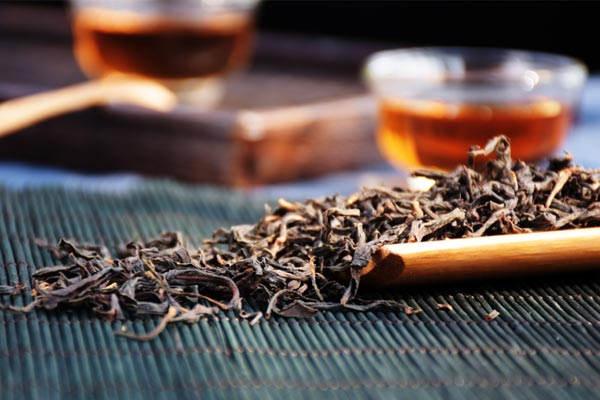Can you imagine? A "strange general" suddenly lives in your body, giving orders, making your hands and feet uncontrollable, and your life becomes bumpy. This "strange general" is Parkinson's disease. In medicine, it is the "thorn" in the field of neurodegenerative diseases, and about 10 million people around the world are deeply troubled by it. But don't panic, today I will give you a super practical self-help guide to help you get rid of its "seal".

Find out the "lurker": the secret language of the body is revealed
Parkinson's disease, the "lurker", keeps making small movements at the beginning. The most obvious one is the resting tremor. When you are resting, your hands and feet seem to be under a spell, and they keep shaking, as if they are anxiously reminding you, or secretly dancing the leg-shaking dance. Once they start to move, they will stop temporarily, and when you calm down, they will come back again. Slow movements have also quietly appeared. You used to be agile, but now putting on clothes and tying shoelaces seem to be slowed down. Even writing has become awkward, and the words are getting smaller and smaller, as if you were cast a "shrinking spell". There is also muscle stiffness, and it feels like the body is wrapped in a thick layer of "armor", and it is extremely difficult to turn around and bend. Not to mention the sudden loss of sense of smell, many fragrances cannot be smelled, and sleeping at night is like acting in an "action movie", tossing and turning, nightmares, and even the intestines are upset, and constipation occurs at any time. If you find these signals, don't hesitate, and quickly find a doctor to "solve the case".
Counterattack: Treatment combination punch
To fight Parkinson's disease, you have to use all your skills. Drugs are our "vanguard troops". L-dopa is like a timely rain, replenishing the missing dopamine in the brain and making the body listen to the command again. However, over time, its power may be discounted and it may have a little temper (side effects). Dopamine receptor agonists are like a caring assistant, directly stimulating dopamine receptors and working with L-dopa, which can not only enhance combat effectiveness but also reduce its dosage and side effects. Anticholinergic drugs are not to be outdone, regulating the balance of neurotransmitters, helping you to deal with the two "little monsters" of tremor and rigidity, but for the elderly, there may be a little "little confusion" side effect.
If the drug effect is not good, surgical treatment should be used. Deep brain stimulation (DBS) can be called a "magic pacemaker". Electrodes are installed in specific parts of the brain to emit electrical pulses, accurately strike, and make the symptoms "surrender". Moreover, it can be adjusted at any time according to your situation, which is very flexible. Neuronucleus destruction is like a "brave warrior", directly destroying the nerve nuclei that are causing trouble in the brain. Although it is a bit "desperate", irreversible and risky, it can also play a big role at critical moments.
Rehabilitation therapy is a "life mentor" who accompanies you throughout the process. Exercise therapy takes you to practice Tai Chi, do yoga, and take a walk to help you train your muscles stronger, and your sense of balance and coordination are getting better and better. Speech therapy specializes in "little troubles" such as slurred speech and dysphagia, while psychotherapy helps you get rid of "bad mood clouds" such as anxiety and depression, so that you can always stay positive and optimistic.

Life tips: full of details, easy to deal with
Although Parkinson's disease cannot be cured at present, through scientific methods, patients can completely "coexist with it in a friendly manner" and live a quality life. Drug treatment is the "main force". It's like sending reinforcements to the "headquarters" of the body - the brain. Dopamine drugs are like "fuel replenishment", replenishing the missing dopamine in the brain and relieving symptoms such as tremors and rigidity. Medication should be taken carefully, on time and in the right amount, and in accordance with the doctor's instructions. Do not increase or decrease it at will, otherwise the "neural signal soldiers" in the brain will be "disordered", and symptoms fluctuations, dyskinesia and other troubles will follow.
In life, eating and drinking well is very important. Eating more vegetables, fruits, whole grains and other foods rich in dietary fiber is like "massaging" the intestines, which can effectively prevent constipation. Take some milk, eggs, and fish in moderation to supplement high-quality protein, but be aware that protein and levodopa "do not get along", so you have to take it at different times.
Don't underestimate the power of exercise. Simple Tai Chi, one move after another, slow and stretching, can help patients strengthen muscle strength, improve balance, and prevent falls; finger exercises are the "artifact" of hand rehabilitation. Through the practice of various fine movements, stiff fingers can be re-flexible, such as turning walnuts and stretching fists, and you can practice a few moves anytime and anywhere.

Choose loose clothes with zippers or Velcro to make it convenient for patients to put on and take off by themselves.
The home also needs to be renovated and upgraded. The light should be bright, the floor should not be slippery, and the furniture should be neatly arranged, without "stumbling blocks" everywhere. Install anti-slip mats and handrails in the bathroom to reduce the risk of falling. With crutches, walkers, high chairs and other "secret weapons", it is easy to take care of yourself.
The company and encouragement of family members are the most solid backing for patients to fight the disease. Listen to their troubles patiently, go out for a walk and sunbathe together, and participate in patient exchange meetings to let patients know that they are not "fighting alone" and can also take confident steps on the road of dancing with Parkinson's.
Understand Parkinson's, no longer fear it, and arm yourself and your family with knowledge, so that you can take the initiative in life in this special health challenge. Even if Parkinson's disease strikes quietly, you can deal with it calmly and let your life continue to shine. I hope this self-help guide can light up the lamp of hope for everyone affected by Parkinson's disease and illuminate the way forward.

%20--%3e%3c!DOCTYPE%20svg%20PUBLIC%20'-//W3C//DTD%20SVG%201.1//EN'%20'http://www.w3.org/Graphics/SVG/1.1/DTD/svg11.dtd'%3e%3csvg%20version='1.1'%20id='图层_1'%20xmlns='http://www.w3.org/2000/svg'%20xmlns:xlink='http://www.w3.org/1999/xlink'%20x='0px'%20y='0px'%20width='256px'%20height='256px'%20viewBox='0%200%20256%20256'%20enable-background='new%200%200%20256%20256'%20xml:space='preserve'%3e%3cpath%20fill='%23FFFFFF'%20d='M194.597,24.009h35.292l-77.094,88.082l90.697,119.881h-71.021l-55.607-72.668L53.229,232.01H17.92%20l82.469-94.227L13.349,24.009h72.813l50.286,66.45l58.148-66.469V24.009z%20M182.217,210.889h19.566L75.538,44.014H54.583%20L182.217,210.889z'/%3e%3c/svg%3e)




